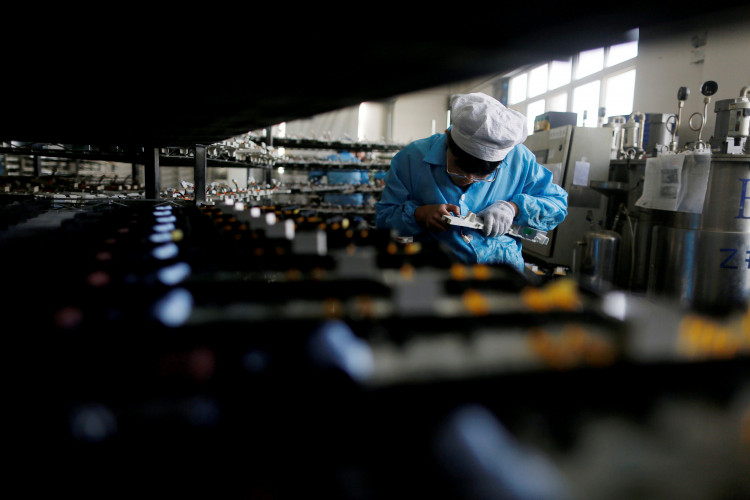Two U.S. based business grouped presented a detailed report on how China moves ahead of others through their latest technology policy which is set to be a major topic to be discussed during the continued U.S.-China trade talks scheduled next week in Washington.
The U.S. Chamber of Commerce and the American Chamber of Commerce in China submitted their report to the U.S. Trade Representative. They highlighted that China's is now widely implementing its ambitious plan to become a global technology leader.
The two groups noted that it is evident that provincial officials in the country are making "a deep, concerted and continuing effort" to reach the central government's Made in China 20125 plan. The plan is aimed at making China a leader in electric vehicles, aerospace, robotics, and other frontiers of manufacturing.
The report is timely trade committees prepare for the next scheduled negotiation between the two economic giants in Washington on Jan. 30.
The chambers are influential in the United States decisions in trade talks since they represent the American companies operating in China. China-based U.S. companies' criticisms towards China are usually suppressed. The business groups also influence Chinese leaders since they were longtime advocates of closer China.-U.S. trade ties. It conveys a message to Chinese leaders that they need to consider the U.S. business-group support.
Last year, the USTR released an investigation report on Chinese trade practices which concluded that the Made in China 2025 creates an unfair playing field for U.S. companies since it might cause their vulnerability to their trade secrets beneficial to Chinese competitors. The chamber also reported last March 2018 that China forces U.S. firms to hand over technology to their Chinese partners which mentioned the Made in China for at least 25 times. The two chambers report, however, failed to explain how the plan is put into effect around China.
Chinese officials agreed to reconsider their plan after being pressured by the United States. Xin Guobin, vice minister of industry and information technology, said in a news briefing that the policy needs to be improved.
China, however, claims that the United States has exaggerated the significance of the Made in China plan. According to participants of a meeting with U.S. business groups, China's top trade envoy to the U.S. Vice Premier Liu He deemphasized the importance of the plan.
The chambers' report promotes structural reforms that may further open Chinese markets for off-shore investments which included an end to forced transfer of trade secrets.





